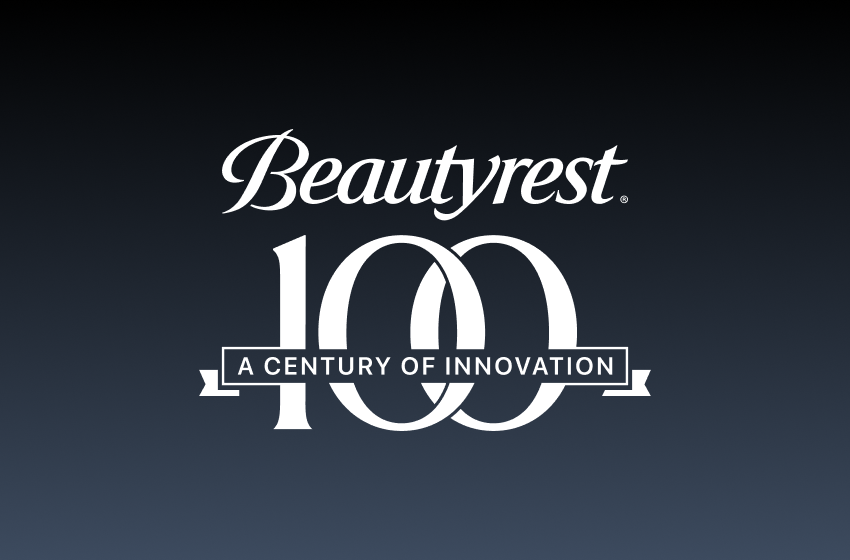

What These Two Studies Say About Social Media And Sleep
Dr. Rebecca Robbins is a sleep researcher who studies the link between sleep and performance, as well as strategies for optimal rest and recovery. This year, she is partnering with Beautyrest to put a renewed focus on sleep performance"noting the importance of how high-quality sleep can give everyone an edge to perform more effectively throughout their day and in their waking life. Technology offers the ability to achieve more than ever before, but research is also uncovering the implications of technology use, particularly social media, before going to sleep. Research shows that use of technology for social purposes is associated with less sleep. Research with college students at the University of California Irvine found that students who sleep less than the recommended duration (less than 8 hours) report more social media use (e.g., Facebook and Instagram). The authors suggest when students are sleep deprived, motivation for school work declines and surfing the web and visiting online social networking sites might be a preferred alternative. Another body of research has explored "binge" watching television shows or movies and sleep. According to this research, those who reported binge watching also reported more fatigue, poorer sleep quality, and more insomnia symptoms than those who did not report binge watching. Not only might binge watching take away from the hours you could spend sleeping, this evidence also highlights how television or social media are stimulating, and can keep the mind up when it should be powering down. These devices emit bright light that can be alerting, but also feature content that can make it hard to settle down for sleep and interfere with our sleep quality " too many episodes of Stranger Things might keep you up at night, or checking in on work email late will have your mind preoccupied with happenings at the office while attempting to fall asleep. Together social media and technology are powerful tools, but they can be a distraction that comes at the price of our good night's sleep. If you find your social media diet is exceeding your sleep diet here are a few suggestions:
1. Find a bedtime and stick to it.
After a long day there can seem no better option than enjoying a television show or movie, but if you find yourself often missing bedtime by more than one hour, maybe set an alarm (a soothing sound, try to avoid anything jarring like a fire alarm or siren) for the time you want to start powering down.
2. Track your sleep.
Begin monitoring your sleep to understand how much or how little you truly are sleeping. The Beautyrest Sleeptracker is one sleep monitor that slips in-between your mattress and box spring to track your sleep without you even knowing it.
3. Power down your electronics.
Because technology use at bedtime can be be disruptive for sleep, opt for a relaxing routine. Pick an activity that helps you quiet down before bed, like reading or taking a warm bath.
4. Create a sleep oasis.
Give yourself a restful place to lay your head and make your bed the ultimate sleep oasis. By purchasing some new sleep accessories, such as the Beautyrest BlackICE memory foam pillow, you may be even excited to head to bed at an appropriate time.


LATEST BLOG POST
2025 Presidents Day Mattress Sale & Base Deals
By now you are settling into the new year, but are you rested? There is no better time than now to make sure 2025 is the year you start getting the beauty rest you deserve.